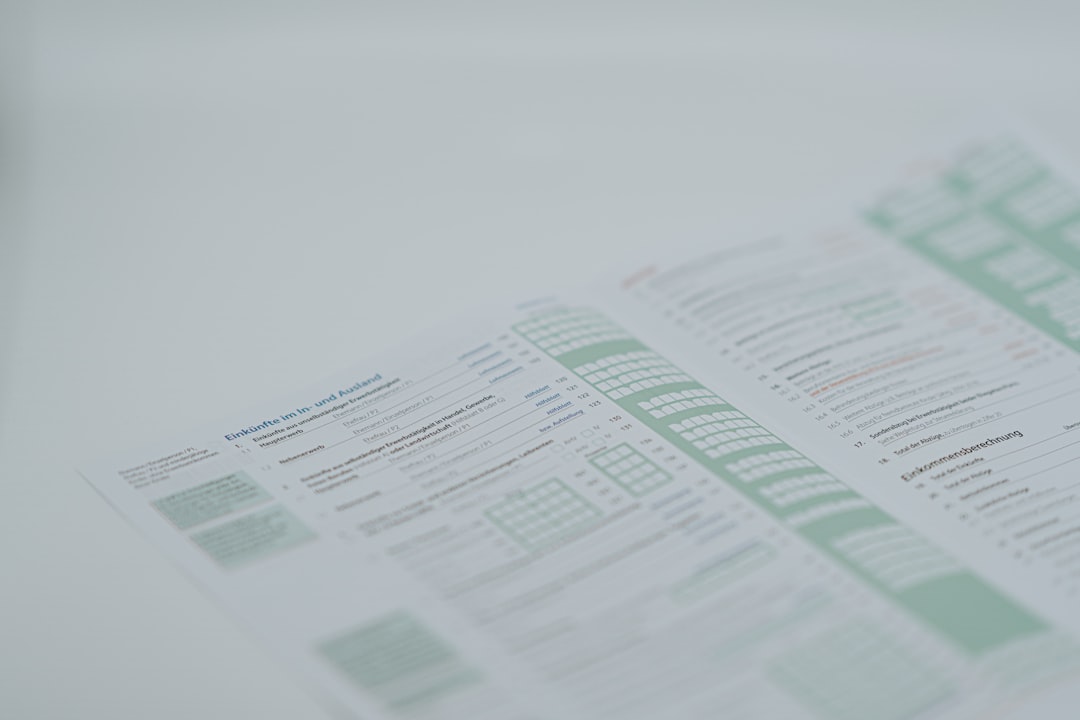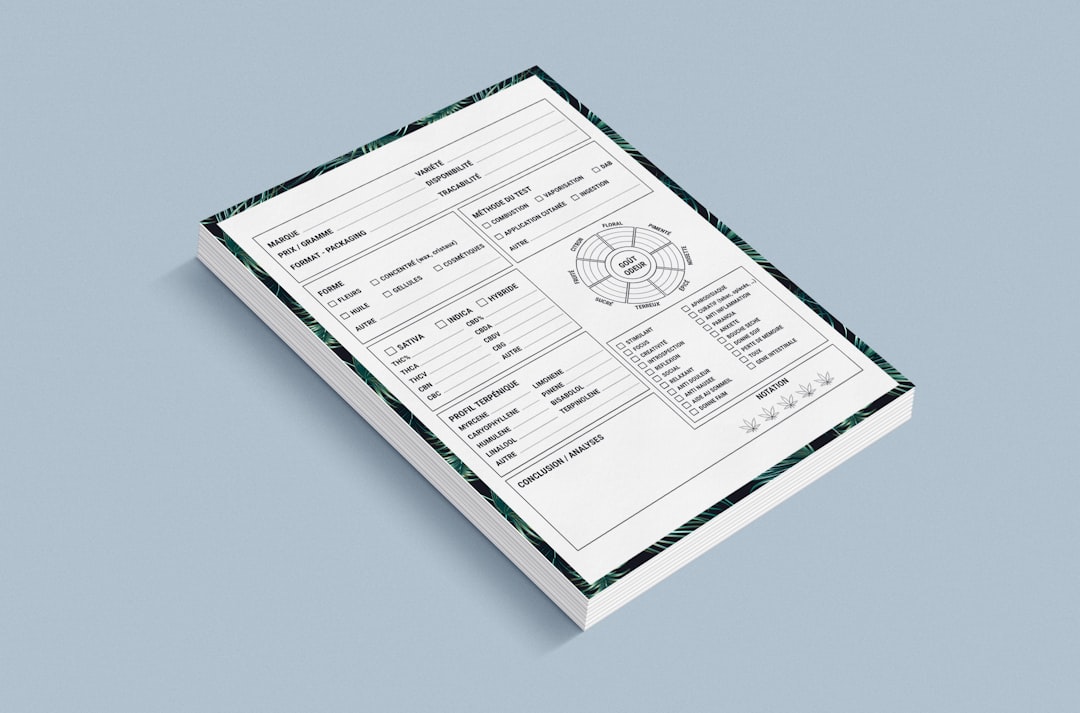Choosing the right career path is one of the most important decisions a person can make. Companies understand this and increasingly rely on tools that help them evaluate not just the skills, but also the inner motivations and behaviors of potential hires. Among these tools, personality tests have gained recognition as a trusted method to discover deeper insights about job candidates and employees alike.
Why Personality Tests Matter in the Hiring Process
Table of Contents
Modern workplaces are more dynamic and team-oriented than ever before. Employers are not just looking for someone who can perform technical tasks—they also want to ensure that new hires are a good cultural and interpersonal fit for the organization. This is where personality tests play a critical role.
These assessments delve into the psychological makeup of an individual, evaluating characteristics like openness, conscientiousness, extroversion, agreeableness, and emotional stability. Understanding these dimensions helps recruiters and HR managers match candidates to roles in which they are most likely to thrive.

Benefits for Employers
Many companies incorporate personality assessments into their hiring process because of the clear advantages it offers:
- Better Role Fit: Matching a candidate’s personality with job characteristics improves productivity and job satisfaction.
- Improved Team Dynamics: Understanding personality traits can help managers build more harmonious and effective teams.
- Lower Turnover Rates: Candidates placed in environments that suit their personality are less likely to leave prematurely.
- Data-Driven Decisions: Personality tests provide objective data that supports better hiring and promotion decisions.
Advantages for Job Seekers
While employers benefit from clearer insights into potential candidates, personality tests are also invaluable tools for job seekers seeking to understand themselves more thoroughly. By taking a validated assessment seriously, candidates can identify their strengths and weaknesses in terms of work behaviors and communication styles.
Here are some key advantages job seekers experience:
- Increased Self-Awareness: A well-structured personality test can uncover hidden traits and preferences.
- Career Alignment: Understanding your personality can help you pursue roles and environments where you’ll perform best.
- Improved Interview Readiness: Insights gained from tests can be used to articulate your suitability during interviews.
- Long-Term Success: Jobs that align with your intrinsic traits often lead to greater career satisfaction and growth.
Commonly Used Personality Assessments
Some of the most frequently used personality assessments in recruitment and development include:
- Myers-Briggs Type Indicator (MBTI): Categorizes individuals into 16 personality types based on preferences in perception and judgment.
- DISC Assessment: Focuses on behaviors within four categories—Dominance, Influence, Steadiness, Conscientiousness.
- Big Five Personality Traits: Measures five broad dimensions, widely used in modern psychology research and hiring.
- Holland Code (RIASEC): Matches personality types with compatible career paths based on vocational interests.

Ethical Considerations and Best Practices
Despite their usefulness, personality tests must be used responsibly. An assessment should never be the sole determinant in hiring. Furthermore, they should be scientifically validated, culturally fair, and administered in a structured manner. Hiring decisions that rely too heavily on these tools may risk overlooking other critical skills or experience.
Best practices include:
- Combining personality assessments with interviews and skill evaluations.
- Ensuring tests are administered by trained professionals or validated platforms.
- Being transparent with candidates about how their results will be used.
- Respecting privacy and maintaining ethical data storage practices.
The Road Ahead
As remote work, automation, and team-based projects become more prevalent, understanding the human variables behind performance becomes even more essential. Personality tests offer a powerful lens through which both employers and job seekers can make more informed, strategic decisions. When used properly, they can be transformative in unlocking an individual’s career potential while providing companies with a competitive edge.
In an era where soft skills and emotional intelligence are taking center stage, personality assessments are no longer a novelty—they’re a necessity for thoughtful, future-facing recruitment.

